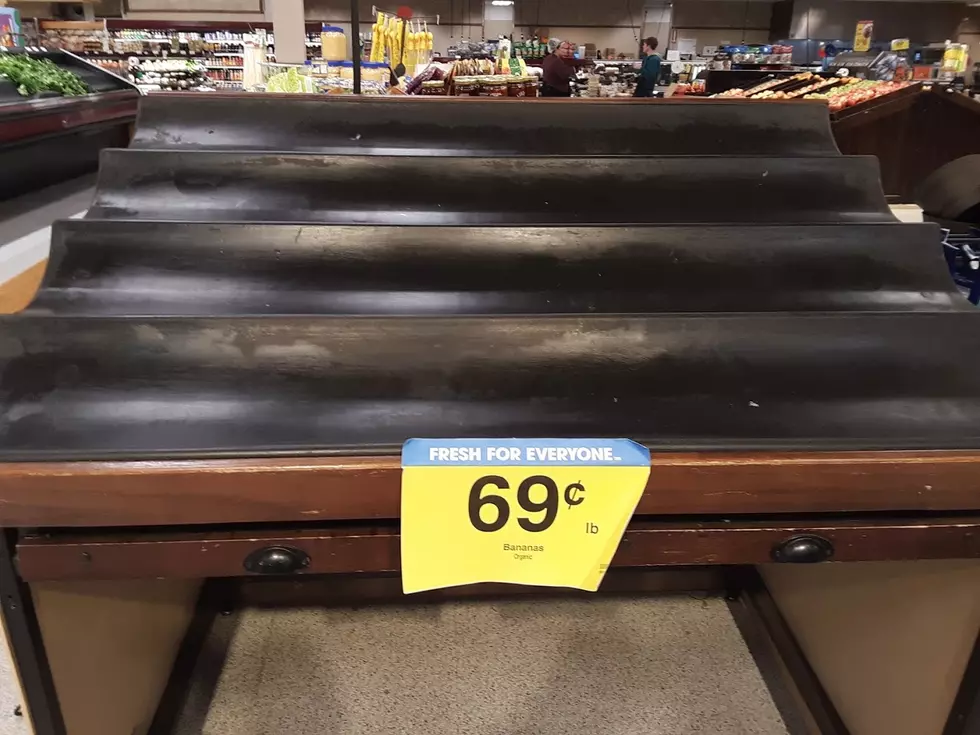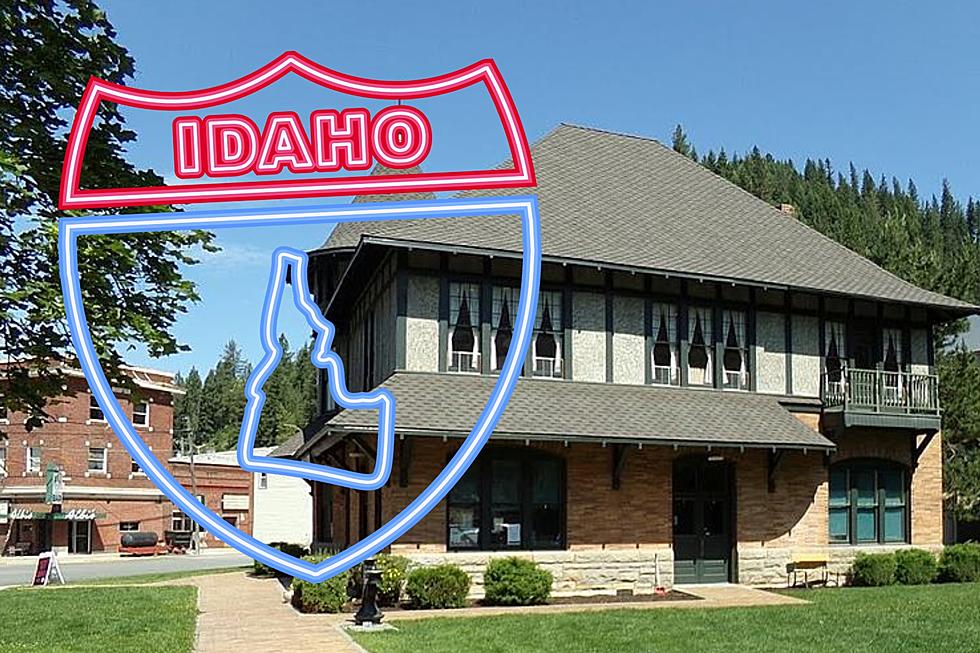
Opinion: There are Things Worse Than Coronavirus

A cold rain and snow mix was pounding my windshield. I was awake before sunrise Sunday and went for a drive. The weather and darkness appear to match our national March mood. Curious, I wondered if the rush on stores had subsided. The Walmart parking lot was busy. The same at Winco. Fred Meyer wasn’t quite as crowded but for the second day in a row I couldn’t find bananas. A very perishable fruit and suddenly none can be found.
Over the weekend I came across an essay from the conservative writer Heather Mac Donald. The pain of this panic isn’t going to be in the number of disease deaths. Of course, we always must qualify we aren’t cheering for a high body count, however. A much more serious threat is what we’ll see when the ripples convulse the economy. As Mac Donald asks when people say coronavirus is serious, as compared to what?
She offers perspective.
“… there were 38,800 traffic fatalities in the United States in 2019, the National Safety Council estimates. That represents an average of over one hundred traffic deaths every day; if the press catalogued these in as much painstaking detail as they have deaths from coronavirus, highways nationwide would be as empty as New York subways are now. Even assuming that coronavirus deaths in the United States increase by a factor of one thousand over the year, the resulting deaths would only outnumber annual traffic deaths by 2,200. Shutting down highways would have a much more positive effect on the U.S. mortality rate than shutting down the U.S. economy…
Pearl Harbor had been bombed and a series of lightning attacks across the Pacific left our troops isolated. There were no available resources for an attempted rescue.
78-years-ago next month there were thousands of Americans dying and disease was only part of the tragedy. From disease, starvation, dehydration and torture. It was called the Bataan Death March. In early 1942 there was very little good news for Americans. Pearl Harbor had been bombed and a series of lightning attacks across the Pacific left our troops isolated. There were no available resources for an attempted rescue. Industry was ramping up production that had been for a decade moribund.
In Europe there were people losing their lives in numbers never before seen at war. Millions died and most were civilians. It would continue for three more years and for many in Asia and Eastern Europe new horrors would arise and subjugate the people for decades. Some of these ideologies survive in East Asia, where life appears cheap to governments always fearful of the general population.
We, on the other hand, have lived quite well these last 75 years. Most of us have a bounty of food, clothing and a warm place to sleep.
I’m old enough to recall “duck and cover” and the constant fear of global war and, yet. As a schoolboy I could go home and have a hot meal, watch television and sleep without fear of violence. War and strife was a TV show. Cities burned for several years. Then the oil shocks of the 70s.
The 80s were an especially challenging time for me. The decade rewarded the technically savvy. I had a liberal arts degree! I missed a few meals, struggled to keep a car running and lived far from family.
In the 90s I survived collapse of a marriage and since the beginning of the new century have lost 3 jobs when I thought I was riding high.
I don’t like being sick. Late December brought a cough I would label downright excruciating. For a week (and I was on a scheduled vacation) I had to press my back against a chair and fold my arms when I coughed. About once a year I get a cold and in rare years two. For 58 years these have all come and then passed.
Coronavirus is nothing I want but if you live long enough you come to understand life is often more crisis than bliss. And I realize there will be life long after I’m gone. When you accept a few simple truths, you find panic isn’t any longer part of your nature.
More From News Radio 1310 KLIX









